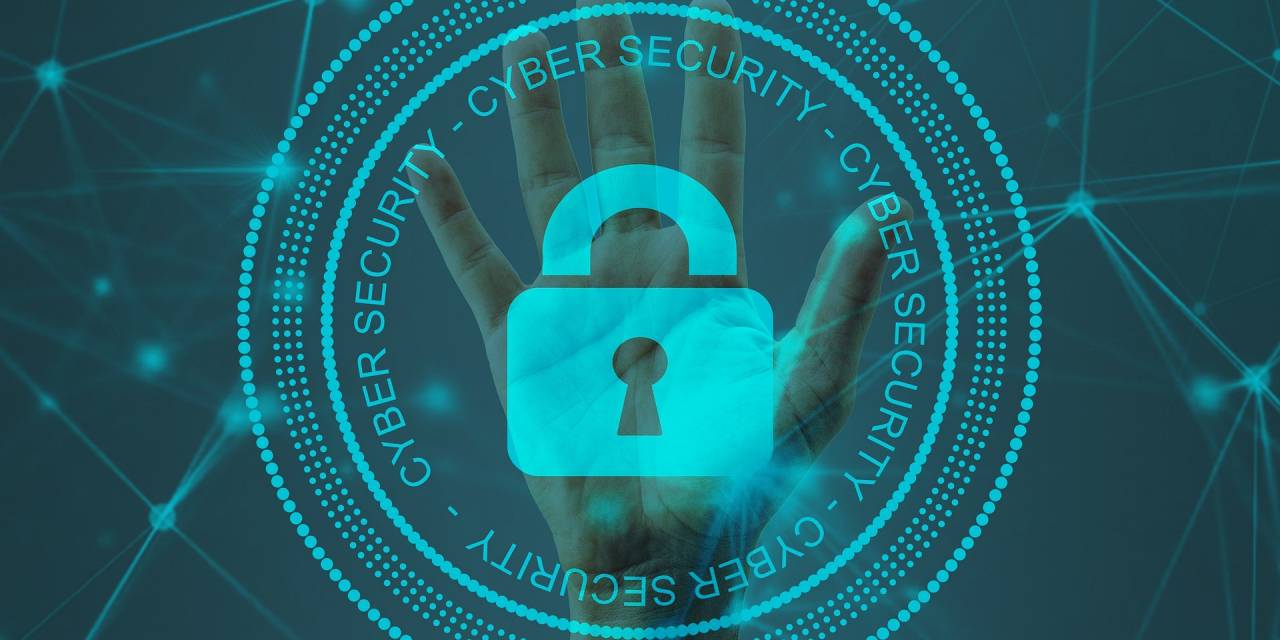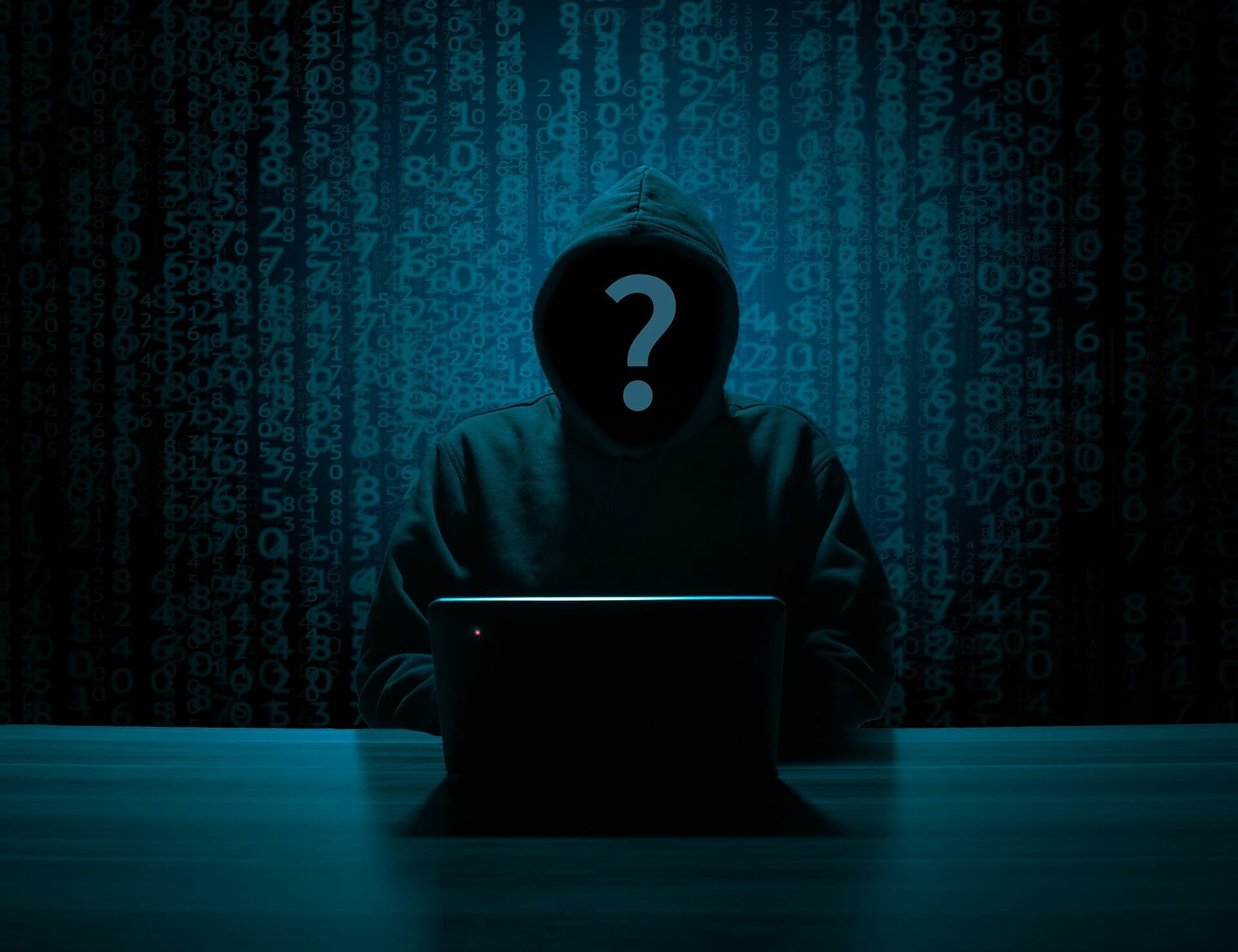With everything from work to school now moving online, cybersecurity has never been more relevant. Yet, many people still fail to recognize its significance and overlook the most basic steps one needs to take to stay safe online.
Some of the most common cybersecurity mistakes include:
- Using weak passwords
- Not updating system/software
- Assuming you’re not a target
- Not backing up your data
- Relying solely on anti-virus software
Let’s look at how making these mistakes can cause major cybersecurity vulnerabilities if they’re not corrected.
-
Using Weak Passwords
Weak passwords are one of the largest security hazards out there. Despite that, people and employees all over the world, including Fortune 500 companies, continue to use incredibly weak passwords that a hacker could guess without even using any software.
Passwords such as
- 12345
- Hello123
- *company name*
are very common, even in some of the world’s largest tech companies and financial institutions.
To significantly reduce the risk that weak passwords bring, it’s best to use a password manager. This tool allows you to securely store all your passwords in one place. It also generates strong passwords that are much more difficult to crack, and you can update them constantly to achieve maximum security.
-
Not Updating System/Software
Outdated operating systems and software are another major cybersecurity threat. With the ever increasing capabilities of cybercriminals, it’s important to at least try to keep up by installing the latest versions of all software you use.
These updates usually contain security fixes or improvements that can make your system or network much harder to crack.
It’s best to set up automatic updates for all your software and systems. There are also updating tools you can use to make sure everything is running on the latest version.
-
Assuming You’re Not a Target
Individuals and smaller companies may feel that there’s no incentive for hackers to go after them. Unfortunately, that couldn’t be further from the truth. Hackers don’t really care who they’re targeting, and they will go after anyone they can if it’s easy enough for them to do so.
As long as you have data that may be useful for hackers, such as
- Credit card information
- Personal information
- Consumer data
- Performance reports or other, you are a target.
-
Not Backing Up Your Data
No matter how hard you try to follow best practices or to use the latest security tools, data loss can still happen, whether it’s caused by malicious actors or a mistake on your part.
Data loss can be very costly and time-consuming to recover from, particularly for businesses, which is why it’s best to set up automatic backups for all data whether it’s stored on a computer, online, or cloud.
Having backups for your data is especially useful during ransomware attacks, as the attackers will lose all leverage.
-
Relying Solely on Antivirus Software
Having an antivirus installed on your system is crucial, but many people see it as the be-all-end-all of cybersecurity. That is the wrong approach to take because hackers constantly find ways to bypass antivirus software, whether it’s by creating more advanced malware or by finding new ways to cause damage to your system.
Security companies are always a step behind threat actors as they have to constantly push out updates to catch up with all the latest vulnerabilities.
So, while having antivirus software and keeping it up-to-date is very important, you shouldn’t ignore other precautionary measures you need to take to insure your or your company’s safety.
Final Thoughts
No matter how hard you try to stay safe, threat actors will continue to find new ways to exploit the slightest gaps in your cyber defenses. However, by not making simple mistakes like using weak passwords or not updating your system, you can significantly reduce the chance of falling victim to these threats.
















